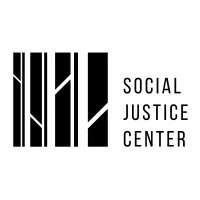
The absence of conflict transformation and peace-building policies has severely affected the human rights and social situation of communities living in Abkhazia and South Ossetia as well as close to the Administrative Boundary Lines. Georgian governmental policies towards the conflict regions have been dominated by non-recognition and isolation principles, and also the de facto authorities have increasingly pushed for isolation from the West. This has limited the possibilities of international organizations to monitor human rights. In Abkhazia, the EU is nevertheless one of the largest donors, while possibilities for engagement in South Ossetia are highly restricted. With recent initiatives of Abkhazian de-facto authorities, international engagement is expected to get more restricted as local civil society actors might be forbidden to get international funds for any project related to the cooperation with Georgians. In face of severe human rights and social situation, Georgian government has not updated its policy vision and plans for conflict transformation and peacebuilding.
The Social Justice Center advocates for the improvement of human rights, humanitarian and social conditions of people living in Abkhazia, South Ossetia and close to the ABLs. Additionally, the project aims at creating knowledge on EU engagement possibilities, platforms and frameworks for conflict transformation in Georgia. Building on intensive research, the Social Justice Center seeks to contribute to the elaboration of the new state strategy and action plan on de-occupation and reconciliation, to provide the Office of the State Minister for Reconciliation and Civic Equality and Ministry of Foreign Affairs with relevant recommendations, to organize advocacy meetings, to publish advocacy materials and support a substantial transformation of Georgia’s peace policy.

